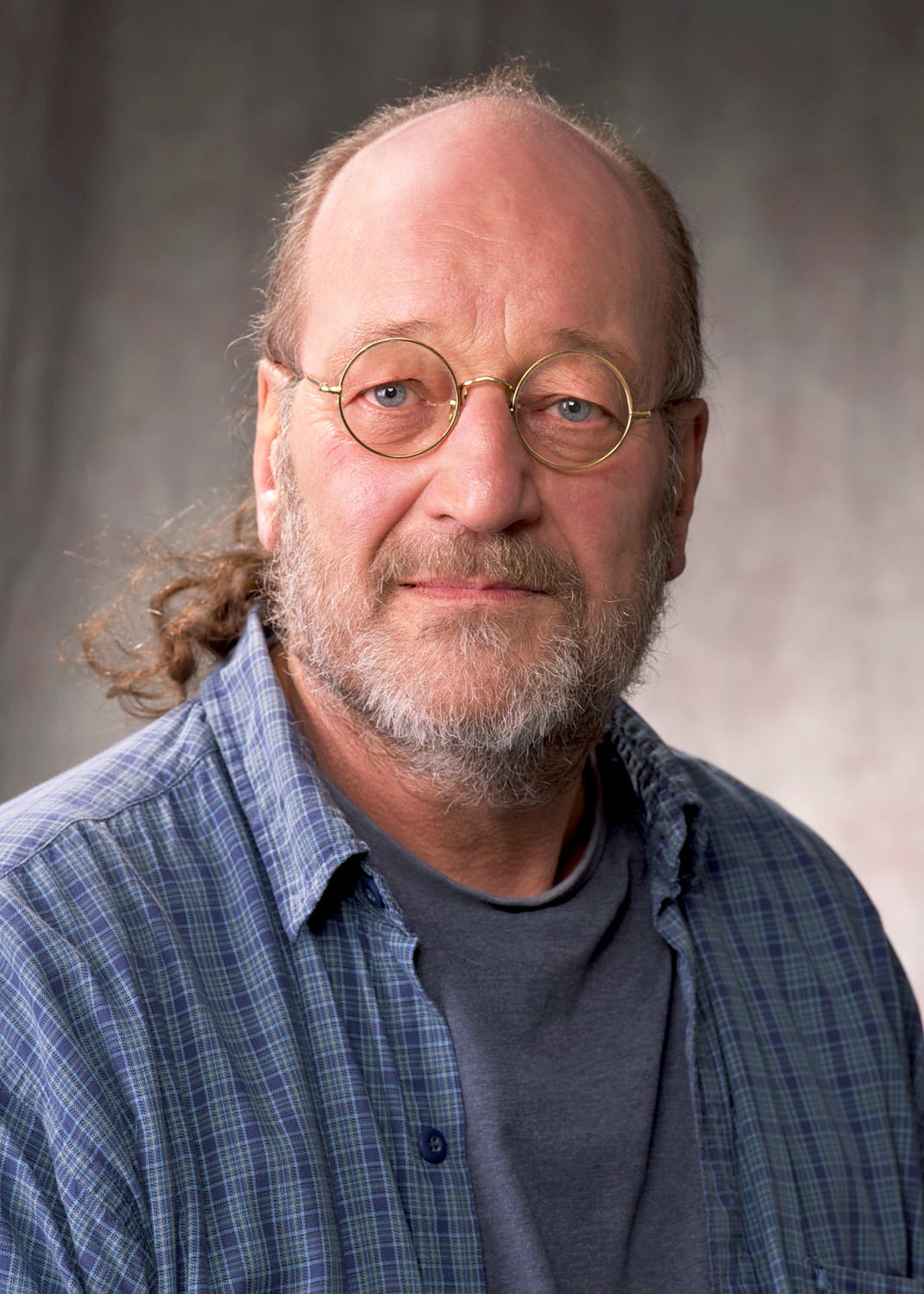Aug. 17, 2021
UCalgary Political Science interviews our own Dr. Terry Terriff

Dr. Terry Terriff is Professor in the Department of Political Science at the University of Calgary.
You have an intriguing origin story: from geologist in field, lugging a backpack full of rock samples, to the halls of academia in the UK and Canada. Tell us about that!
Serendipity. I was a very young senior regional geologist when my bosses informed me that they wanted to fast track me to being a Vice President, but that I would need to cut my hair, buy a suit and tie (and wear them!) and behave myself. The idea of being senior management, even in a major international corporation, before I hit my mid-thirties did not appeal (nor did those three requirements!), so I resigned. I knew I could find full or part time work very easily and so decided to be a ski bum (once again) for the winter, but also decided to take some university course or other. I settled on a course called Strategic Studies but had to talk to the program director as I did not have the prerequisite. This person told me if I took a couple of more Political Science courses, and did well, they would consider accepting me into the MA program. I thought the idea was intriguing, particularly after starting the courses, and knew if I did not like it I could always go back to being a geologist (which I did like). I did well enough, they accepted me, I liked what I was doing, and the rest, as they say, is history

Your current work is broadly on change in the military, from military culture to fighting doctrines. How did you become interested in this area?
In part it is because I am interested in why institutions, or organizations, do what they do, as they often do things that are incomprehensible, or seem nonsensical and even counterproductive. In the case of military organizations, when they make changes and get it wrong, there are very serious real life consequences, and I wanted to understand how they might get matters wrong. So my research has been aimed at understanding why militaries undertake change and how and why they try to develop and implement change, and laterally, how and why they arrive at an outcome that works well or does not work well.
Can you tell us about the research projects you have been working on?
My current research project focuses on the changes undertaken in the US Marine Corps after the war in Vietnam, and in particular the development of that organization’s first warfighting concept, referred to as maneuver warfare. My research starts with the lessons many junior and midlevel officers learned from their experiences of fighting in Vietnam, through to how they developed their thinking and convinced others of their ideas, through to the promulgation of the concept and then onto the efforts to implement this new concept of warfighting. The key focus is on how and what they learned, how they developed and advanced their ideas, and how they overcame the strong resistance to this concept in the 1970s and 1980s and to its implementation within the Marine Corps in the 1990s.
What’s the big thing you’d like to work on, if time and resources were no limit?
There are many different answers I could give. Still, my first take would be to conduct research on the changes being undertaken by both the US Army (which I have researched and written on) and in the US Marine Corps. There are some fascinating similarities between the changes the Army and Marine Corps undertook after the Vietnam war and today—in both cases they have come out of a war against an insurgency in which they could not use their preferred form of warfare, and essentially did not win, and returned to focus on improving their preferred form of warfare as part confronting a dangerous peer military competitor.
Finally, rumour has it your notoriously strong stomach was no match for a goat head. Is this rumour true?
On the Greek island of Crete, baked goat heads are considered a delicacy, with the eyeballs and brains in particular considered a delicacy to savour. So, when in Crete… eyeballs do induce some queasiness, though. I have eaten a lot of strange food—snake in the jungles of northern Thailand, grubs in Indonesia, cuy in Peru, piranha in the Ecuadorian Amazon, crocodile in Tanzania, and many other things I do not want to think about in many different places in the world—all have been an experience.
Thanks to Dr. Terry Terriff for sharing with us!
To learn more, visit Dr. Terry Terriff’s University of Calgary's profile.
